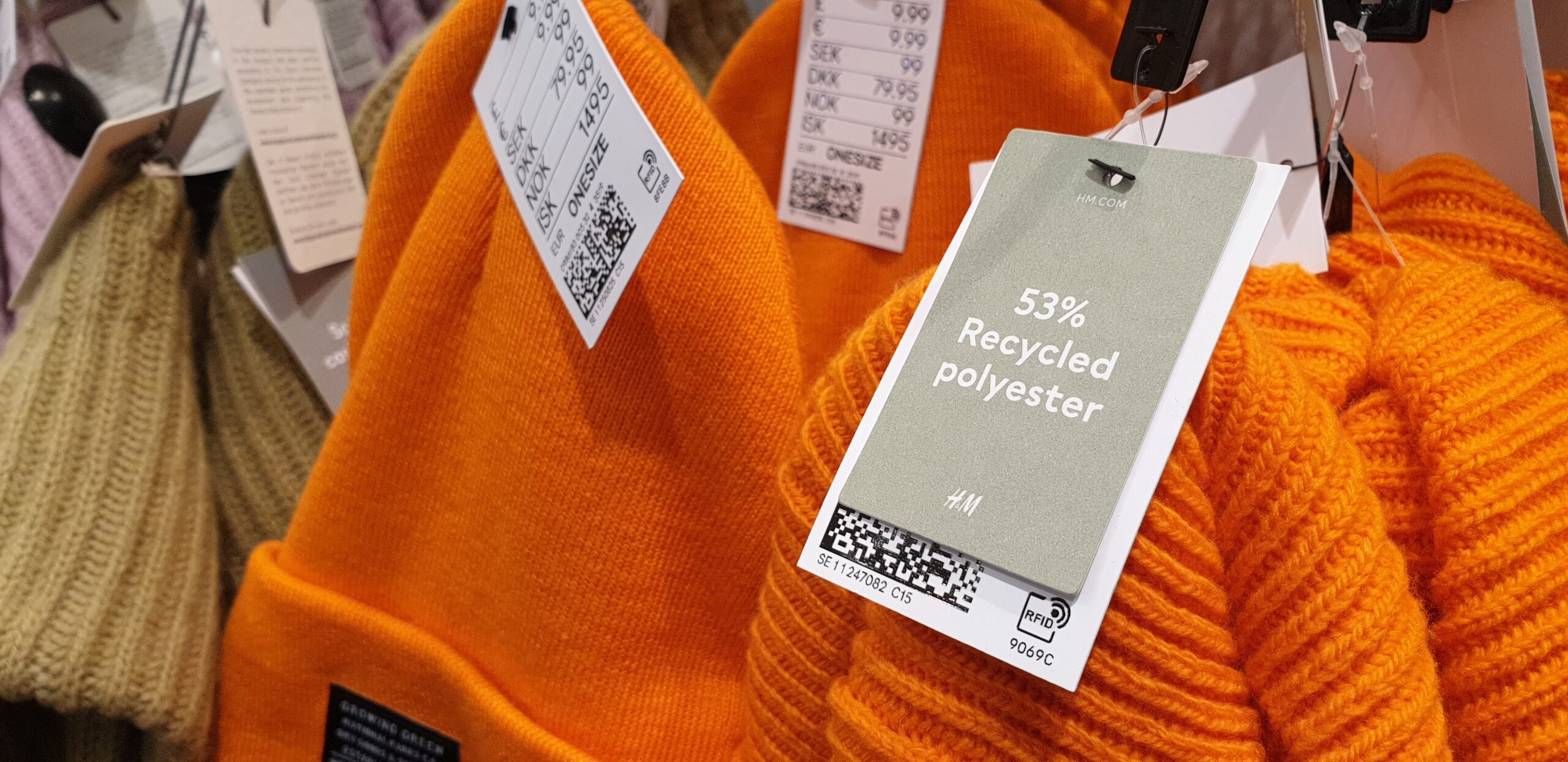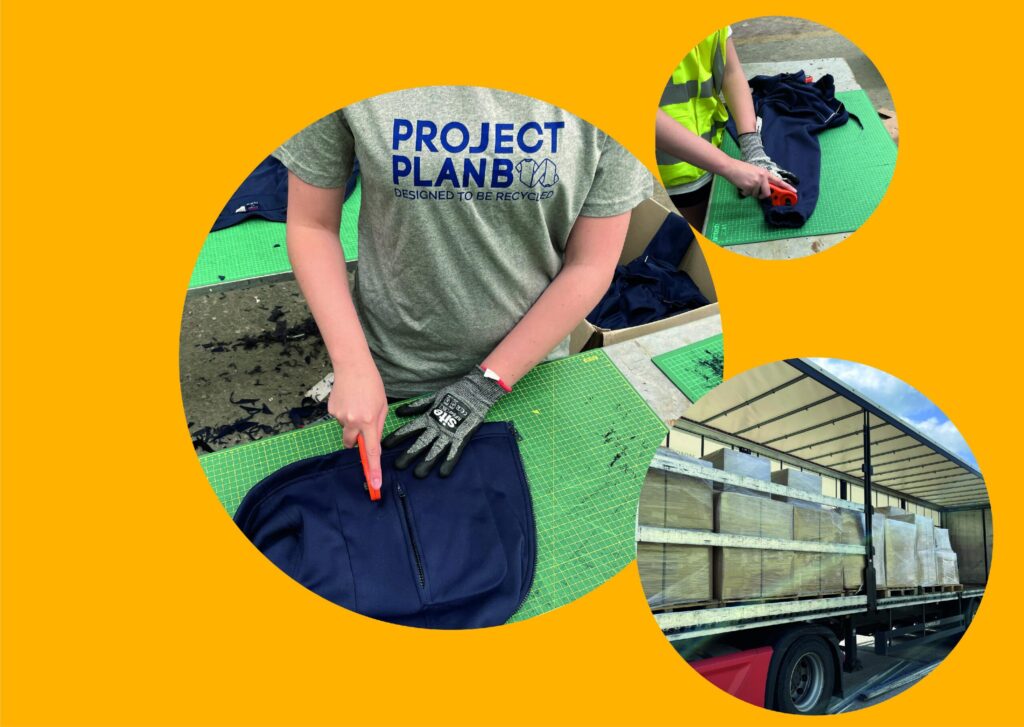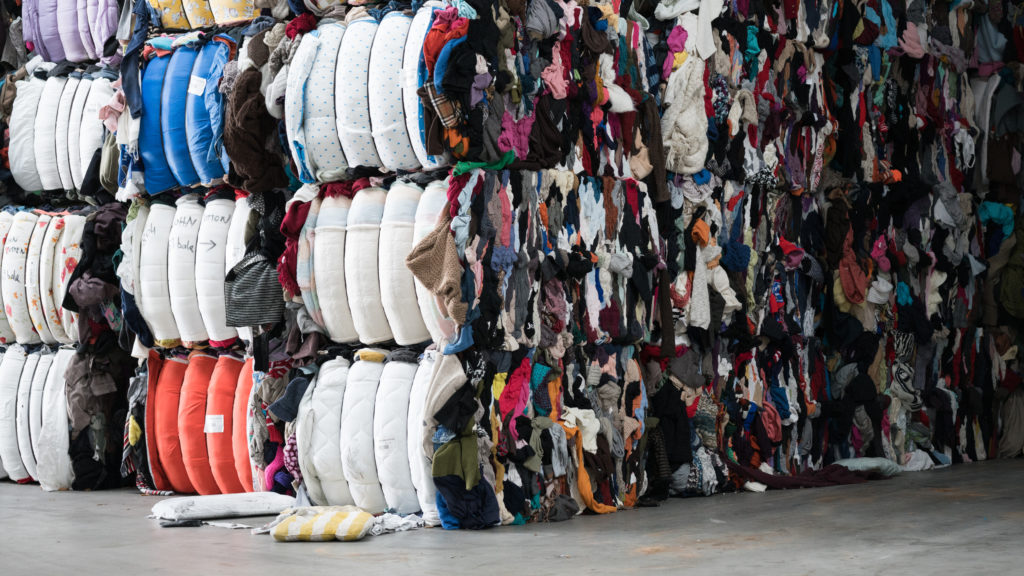Salvation Army Trading Company Ltd (SATCoL) has claimed it had successfully recycled polyester textiles back into raw material in partnership with corporate wear producer Project Plan B, in a joint venture called Project ‘Re:claim’.
According to a statement from the project’s spokesperson, the new plant will recycle around 2,500 tonnes in its first year, rising to 5,000 tonnes in year 2, and aims to recycle polyester that has come to the end of its useful life. The technology “is based on plastic bottle recycling” and creates polyester pellets and has “successfully produced the first yarn from these”.
Majonne Frost, head of environment & sustainability at SATCoL, said: “Last year SATCoL enabled reuse and recycling of over 250 million products but there are always items which are too damaged and we cannot resell and they are often garments made from polyester. With this new technology we can give these clothes a new lease of life. So when your favourite jumper is worn-out, we will take it and turn it into polyester pellets, ready to be turned back into a new jumper. This is the future of fashion.”
Recycling
The technology has the potential to be a game-changer if it successfully comes to market. A true large scale ‘fibre-to-fibre’ recycling system for textiles has been challenging. Many companies have announced plans over the years but few have come online.
A report from global environmental initiative Fashion for Good last year found that just 2% of textiles around the world are recycled back into new products (see letsrecycle.com story).
The vast majority of collected post-consumer textiles in the UK are either shredded for use in car seats and wipers or sent to be re-worn in developing countries.
Statistics from WRAP suggest that the UK produces over half a million tonnes of polyester textile waste every year; and over 300,000 tonnes of clothing is disposed of in household bins each year.

Clothes
The statement from the project said they are now searching for corporate partners to “commit to donating 100% polyester textiles now, as SATCol “cannot rely on clothing bank donations alone”.
Tim Cross, chief executive at Project Plan B: “We need a seismic change in how garments are designed and produced. Polyester textile recycling is one of the biggest opportunities to reduce the harmful impact of producing garments and this new technology is the first proven commercial scale system that has been designed to cope with the challenges of recycling post-consumer clothing.”
SATCoL operates the “UK’s only automated textile sorting facility”, Fibersort. Based at the charity’s purpose-built Processing Centre in Kettering, Fibersort automatically identifies and sorts second-hand textiles by fibre type and is the first step in textile-to-textile recycling.
This polyester recycling plant marks “the next step towards SATCoL’s ambition to create the UK’s first fibre farm, with the aim of massively scaling up textile-to-textile recycling of all types of materials. This presents a huge opportunity for the fashion circular economy”.
Garments are identified by a QR code, then turned back into raw polyester using our recycling facility.
The polyester can then be knitted or woven into fabrics ready to be made into new garments and other high value products. Nothing is wasted and 100% of the garment is returned to be used again and again, the project says.












Subscribe for free